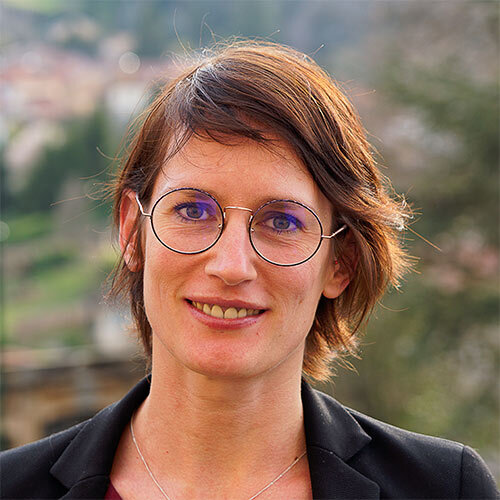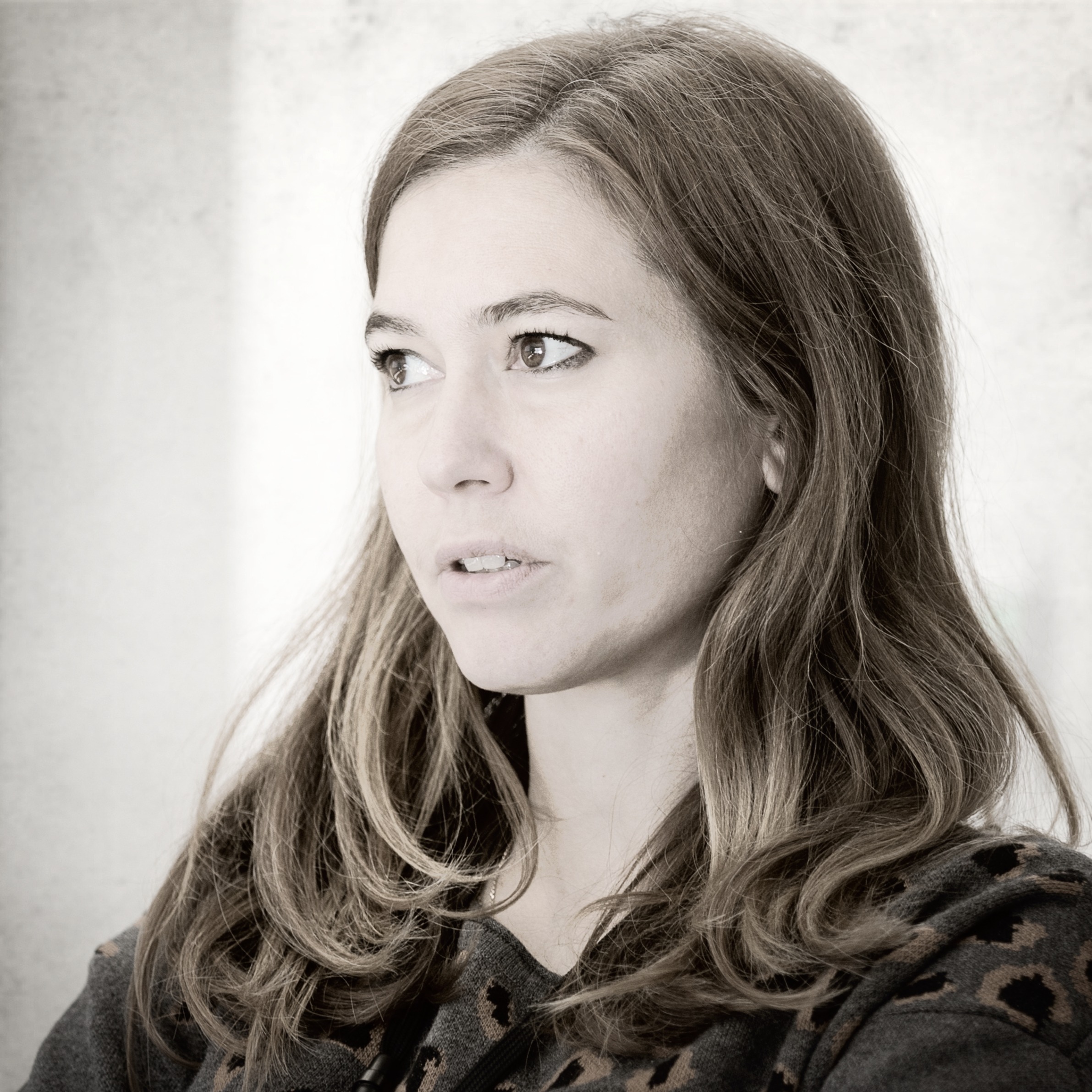Program
The workshop will be held on the 12 of April 2021. Times are in Central European Time (CET) first, and then in LAK21 local time Pacific Daylight Time (PDT) :
- 6:00pm - 6h45pm CET (09:00am - 09h45am PDT): Invited speaker - "Validation and Assessment of Serious Games using Analytics, the e-UCM experience" // Dr. Ivan Martínez-Ortiz // Slides here
- 6:45pm - 7:30pm (09:45am - 10:30am): Presentations
- "An analysis of the Game Mechanics and Learning Analytics behind Pyramid collaboration scripts" // René Lobo, Davinia Hernández-Leo // Paper here
- "Dynamic gamification adaptation framework based on engagement detection through learning analytics" // Stuart Hallifax, Audrey Serna, Jean-Charles Marty, Elise Lavoué // Paper here
- "GamiTool: Towards Actionable Learning Analytics Using Gamification" // Alejandro Ortega-Arranz, Alejandra Martínez-Monés, Juan I. Asensio-Pérez, Miguel L. Bote-Lorenzo // Paper here
- 7:30pm - 7:40pm (10:30am - 10:40am): Break
- 7:40pm - 8:30pm (10:40am - 11:30am): Participatory activities by groups of 4 or 5 participants - brainstorming on main issues in the field.
- 8:30pm - 9:00pm (11:30am - 12:00am): Discussions between participants on a future agenda
- Results of the brainstorming activity here
Dr. Ivan Martínez-Ortiz Bio
Iván Martínez-Ortiz works as Associate Professor in the Department of Software Engineering and Artificial Intelligence (DSIA) at the Complutense University of Madrid (UCM). He has been assistant to the Vice-Rector of Technology at UCM and Vice-Dean for Innovation in the Computer Science Studies. His research interests include e-learning technologies and the integration of educational modeling languages, serious games and e-learning standardization. He has written more than 25 articles in JCR-ISI indexed journals and have presented more than 50 articles in conferences in topics related to serious games, analytics and technology enhanced learning. He also participated in more the more than 25 funded research projects on competitive calls (H2020, FP7, TIN, AVANZA, CENIT, etc.) as part of this work in the research group in "Software Engineering Applied to e-learning (e-UCM)". The e-UCM group stands out for the creation of free software tools that have had great impact in the educational field, such as eAdventure (currently continued with uAdventure), the RAGE Analytics Platform and the SIMVA tool. Since 2011, he is member of the standardization group of AENOR CTN71SC 36 "Information Technologies for Learning" within the structure of Technical Committees of Standardization of the Spanish Association for Standardization (AENOR).
About the workshop
Background
On the one hand, gamification is an approach that has been well adopted these past years to enhance learner motivation, performance and engagement with learning environments (Landers & Landers, 2014; Denny et al. 2018). This motivational approach relies on the integration of game design elements in non-game contexts (Deterding et al., 2011), for instance badges, leaderboards, or points, to learning environments (Kapp, 2012). As research in gamification matures, game elements are better understood in terms of the mechanics they support and the user psychological needs they rely on (Jia et al. 2016). Several conceptual and empirical studies on their impact on learners are available, focusing mainly on the impact on learner motivation and performances as final outcomes and less on their engagement as a process (Lavoué et al., 2019).
On the other hand, the Learning Analytics (LA) approach allows to collect, analyze and represent data on learners during a course, based on their interactions with the learning environment, including motivational features (Long & Siemens, 2011). It allows understanding dynamic processes such as learner engaged behaviors, motivation, and emotions during a course (Hernández-Leo et al., 2019; Cukurova et al., 2020).
Thus, these two approaches seem to be complementary and we believe can enrich each other. For instance, the knowledge acquired on learners from LA techniques could be used for adapting and personalizing game elements (Hallifax et al., 2019). Also, designing engaging game elements that reflect student progress, behaviors, and performances could engage learners in reflexive processes. However, little is known yet on how learning analytics can contribute to the research field of gamification, and how gamification can contribute to the learning analytics domain.
Objectives & Topics
We would like to bridge the gap between two research fields and gather a community around the question of how research in Gamification and in Learning Analytics can contribute to each other. This workshop aims to study the possible insights of combining the gamification and the learning analytics approaches in the educational domain, the main issues raised by such a combination and new avenues for future research.
Contributions on some of the following questions will be welcome:
- What is the current state of the art on gamification and learning analytics in education?
- How can learning analytics techniques be used to evaluate the impact of game elements?
- How can learning analytics be used for adaptive gamification?
- How can game elements support self-regulatory and/or reflexive processes?
- How can learning analytics support teachers in orchestrating game-based learning activities?
- How to design motivational affordances for learning environments? How can LA techniques be used to evaluate these affordances?
- How can gamification and learning analytics techniques complement each other in gamified learning dashboards?




